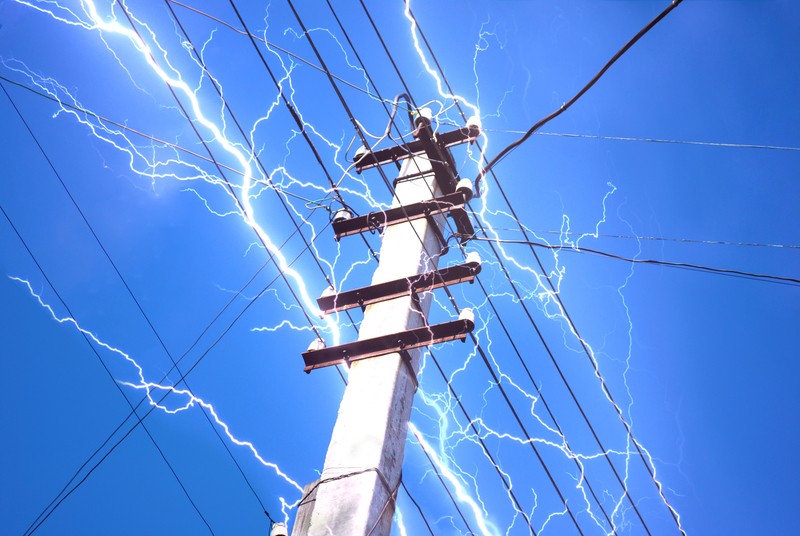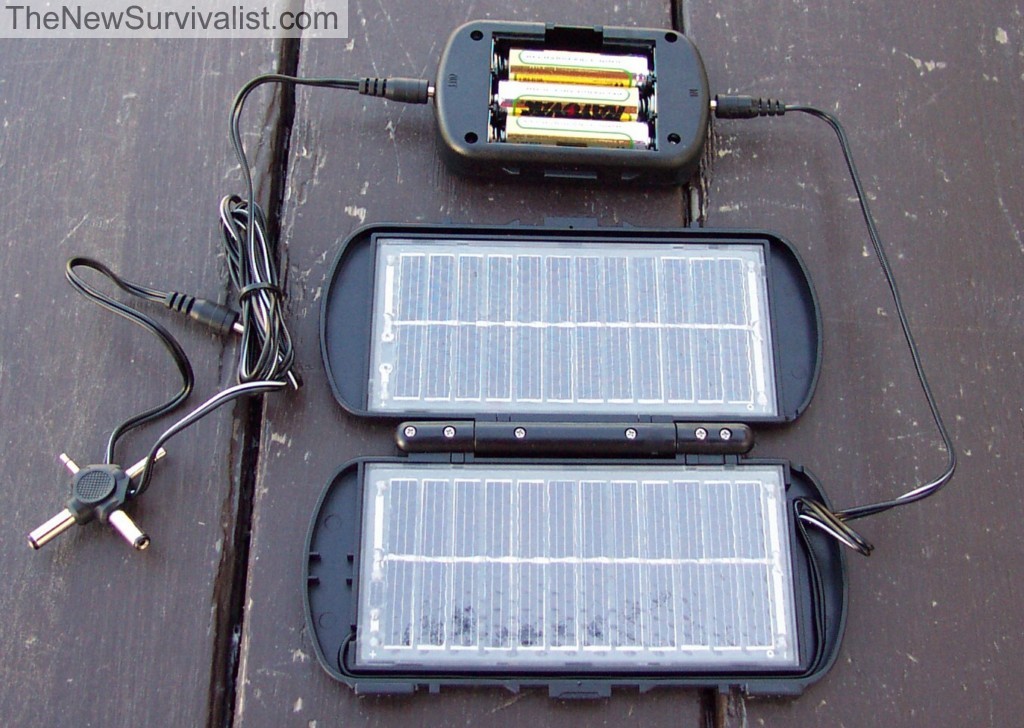What is the first thing you think of when a power outage occurs? How am I going to charge my cell phone? Surprisingly that's #1 for a lot of people. For survivalists, their mind typically gravitates towards a solution. Let us present you with solution #1….
Generators
A generator can provide essential electric power during a short-term emergency. There are two basic types: portable generators and standby generators.
A portable generator usually runs on gasoline. If nothing else it may be able to provide enough power to keep your refrigerator and freezer operating long enough for you to consume your cold food before it spoils. The major disadvantage of a portable generator is that it operates on gasoline, which does not store well. Gasoline should not be stored for longer than a year because it deteriorates quickly leading to clogged fuel lines or other mechanical problems. Gasoline is also highly volatile and very dangerous to store.
If you can afford the higher cost, a standby generator that will run on either natural gas or propane can provide plenty of emergency power for short-term emergencies. A standby generator can be hooked directly into your home's existing natural gas line and will automatically provide electricity during an electrical power outage. The system constantly monitors utility power 24 hours a day. When power from the utility line fails an automatic transfer switch safely disconnects the utility feed wires and connects the generator feed. This eliminates the harmful back-feeding of electricity from the house’s generator power to the utility lines. A signal is sent starting the generator and powering up your home. Automatic generators continue to monitor utility power and reverse the switch when the power outage ends, returning to standby mode. A propane dealer can provide you with an underground propane tank that is protected from the elements so that a constant source of fuel is available. According to propane dealers, on average a 250 gallon propane tank fueling a seven kilowatt standby generator will provide enough electricity to power a home for five days. A 500 gallon underground tank will provide power on average for 11 days. Of course, if you can conserve electricity by operating only essential appliances when they are really needed (an air conditioner is not an essential appliance) then your propane supply will last much longer. Even if you have a natural gas line to your home, I recommend that you go to the extra expense of having a propane tank installed, allowing you to switch your generator from natural gas to propane if the natural gas supply is interrupted. If you do not have a propane tank professionally installed you should at least be quipped to switch your generator over to a portable propane tank if the need should arise.
Many of us will not be able to afford a costly standby generator. And even those who are fortunate enough to have one will perhaps want to make plans for when their fuel runs out. What will we do then when the lights go out and the gas ceases to flow? First consider what essential services these utilities provide:
- Lighting
- Cooking
- Heating
- Communication
- Transportation
I will discuss communication and transportation in later chapters of this web site. In the remainder of this chapter we will consider lighting, cooking and heating.
I purposefully left air-conditioning off this list because I do not consider it essential. There are some who will disagree. My argument is that air conditioning only became widely available a mere 50 or so years ago. Humans have survived just fine for thousands if not millions of years without it. Many people survive today in very hot climates without air-conditioning. If you are in a building in which you don't believe you will survive without air-conditioning, then I suggest you consider another location. When the electricity goes out for a prolonged period of time, there will simply be no air-conditioning, and there are few alternatives other than just sweating it out the best way you can.
Lighting
One solution to the problem of lighting is to make the most of natural light or sunlight. This means getting up and going to bed with the sun. (As you can see, a large part of survival is simply common sense.) But what about those times when you really need to see in the dark, particularly during the months of the year in which the daylight period is shortened?
A solar charger can be used to recharge your rechargeable batteries during a prolonged power outage. The solar charger pictured above folds to the size of a pocket calculator and can charge three AA batteries at a time in the included battery pack. The detachable battery pack with multi-plug can also be used as a power supply for small devices like radios.
Electricity
A short-term solution for some of our lighting needs will be battery-operated lights. Certainly a good flashlight with fresh batteries is an essential emergency item for any home. You should also keep one in your car. You might also consider buying rechargeable batteries, and perhaps even a solar charger. I suggest that you keep a supply of both regular batteries and rechargeable batteries in your survival stash. The newer nickel-metal hydride (NiMH) rechargeable batteries are much better than the older nickel-cadmium (NiCd) type. Rotate your regular batteries to keep them fresh and ready for an emergency. You can store batteries in your refrigerator or freezer to prolong their shelf-life.
Kerosene
Kerosene lanterns are also a good option for providing light during a power outage. These too are abundant at estate sales where they can be picked up very economically. In addition to kerosene they will also burn lantern oil, which comes in plastic bottles. Lantern oil is more refined and burns cleaner but is much more expensive and some complain that it does not wick as well as kerosene. I never buy lantern oil new but I have picked up many bottles at estate sales for practically nothing and as a result I have quite a stash.
To read more about options available to you in the event of a power outage, please read the full article here at The New Survivalist. We were very pleased with their thorough list of suggestions and encourage all those passionate for prepping to make themselves aware of the options available to them.
Are You Prepared for a Power Outage?
If so, share your ideas with us! We'd love to know what your power outage plan is, what you intend to use, what resources you have and if you've ever had to use them! Share your story with us.


Man lived for hundreds of thousands of years without electricity. If you can’t live without it you should die.
Most people don’t know and frankly don’t care about an EMI attack. I heard about it some years ago while doing research on Nicola Tesla.
It’s called,”the Medusa project”